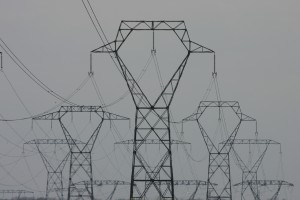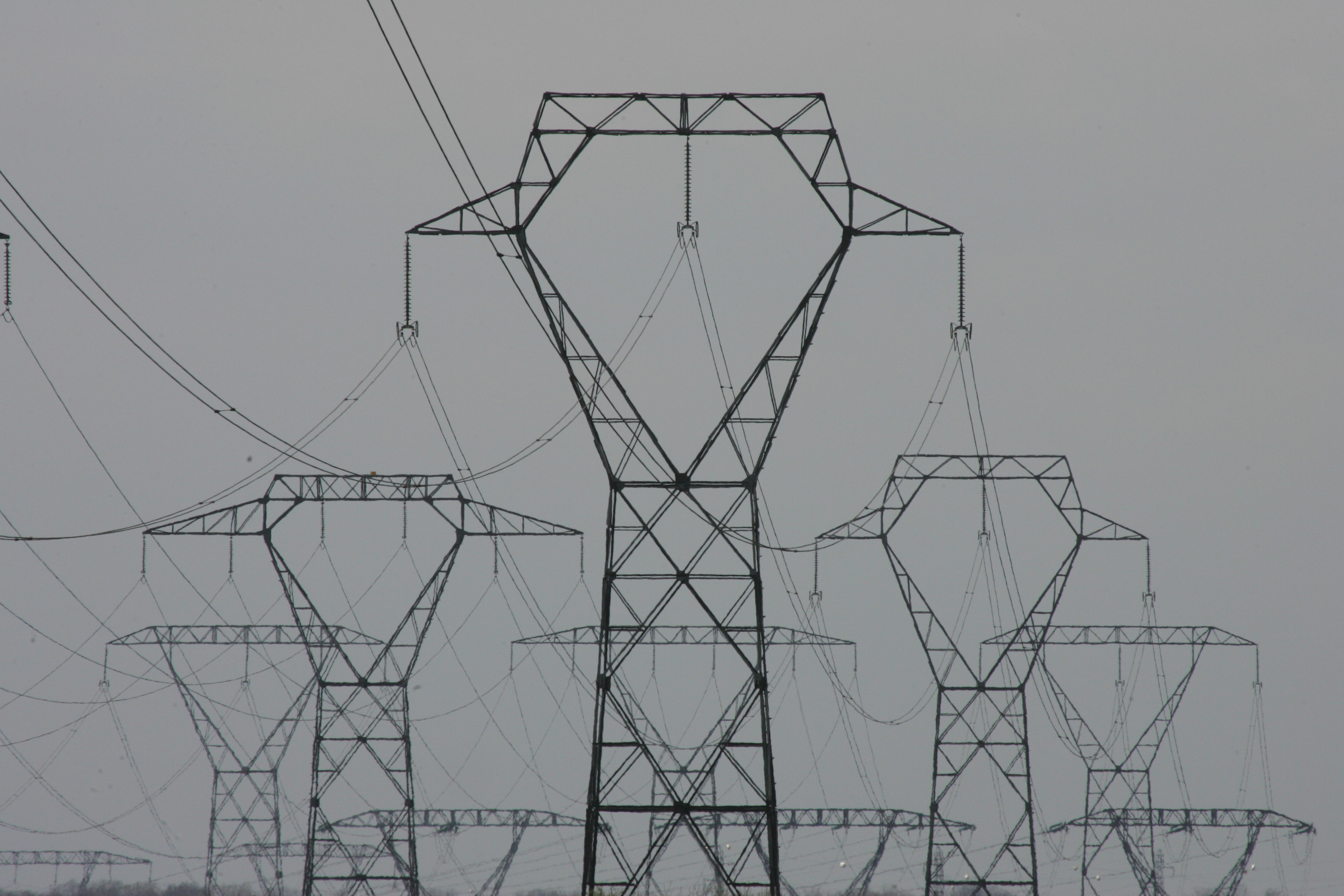
(AFP Photo)
Egypt could have successfully added 2,400MW in capacity to the national grid at the beginning of 2014, former Electricity Minister Ahmed Emam told the Daily News Egypt on Sunday.
Explaining the electricity blackouts crisis, Imam said that the loads are increasing by 8% every year. Fuel supplies to power station annually decrease by 6% in addition to an increase in maintenance malfunctions in stations.
On Saturday, President Abdel Fattah Al-Sisi said the electricity capacity should be increased by approximately 2,500MW every year, to produce an extra amount of around 12,500 MW after five years.
Al-Sisi added that Egypt needs $12bn (EGP 85bn) in investments over the next five years to solve the electricity crisis. He also said that Egypt needs $700m per year to provide power stations with the necessary amount of fuel supplies.
Al-Sisi’s speech came two days after a power outage caused blackouts lasting several hours across many areas of Cairo on Thursday, forcing suspensions on some metro lines during rush hour. The outages were due to maintenance on a 500KV circuit in a power plant in Cairo, said Minister of Electricity and Energy Mohamed Hamed Shaker, adding that the circuit had to be disconnected in order to carry out the maintenance.
During his speech, Al-Sisi announced that the government is attempting to attract $2.5bn per year in investments in the sector, noting that investors need to be assured the state will buy electricity at market prices.
The electricity sector always needs plans to access fund and increase investments, Imam said, stressing that the current government could solve the crisis as long it is working towards that end.
“New power stations should be established to increase the capacity of the national grid, but this is not easy,” Imam said, attributing the problem to a lack of funds.
Egypt needs EGP 170m per day and EGP 58bn per year to produce electricity, according to head of the Egyptian Electric Utility and Consumer Protection Regulatory Agency Hafez Salmawy.
Emam said that there must be a balance between the purchasing price and selling price, which is identified by the cabinet.
With the aim of accessing funds, Shaker announced in July a new pricing strategy for households and commercial sectors, which is slated to take effect this month. The new tariffs were set to help reduce electricity subsidies to EGP 9bn, down from EGP 27.4bn in FY 2014/2015. The rise in prices varies from EGP 0.02 to EGP 0.07 per KW/hour.
With regards to the rise in prices, Emam said: “It would make no big difference, the additional amount of money expected to be collected after the increases is not too much.”
Amr Adly, a nonresident scholar at the Carnegie Middle East Center, explained that there are two kinds of economic and financial losses that result from blackouts; direct losses that cause damages to items and products, and the indirect losses that harm a service offered service.
“It is hard to calculate the value of economic losses because the informal economy sector in Egypt shapes 60% of GDP,” Adly noted.
Emam stated there must be financial losses for the entities that deliver services such as hospitals, fuel stations, and restaurants and others, expecting offering appropriate compensations to them.
Adly said that the current electricity crisis may go back to an energy shortage; however, he added, this will not take five years to be addressed as Egypt can obtain additional fuel and gas shipments as soon as foreign reserves are increased.
Adly added that the crisis may also go back to a drop in investments in the sector.



